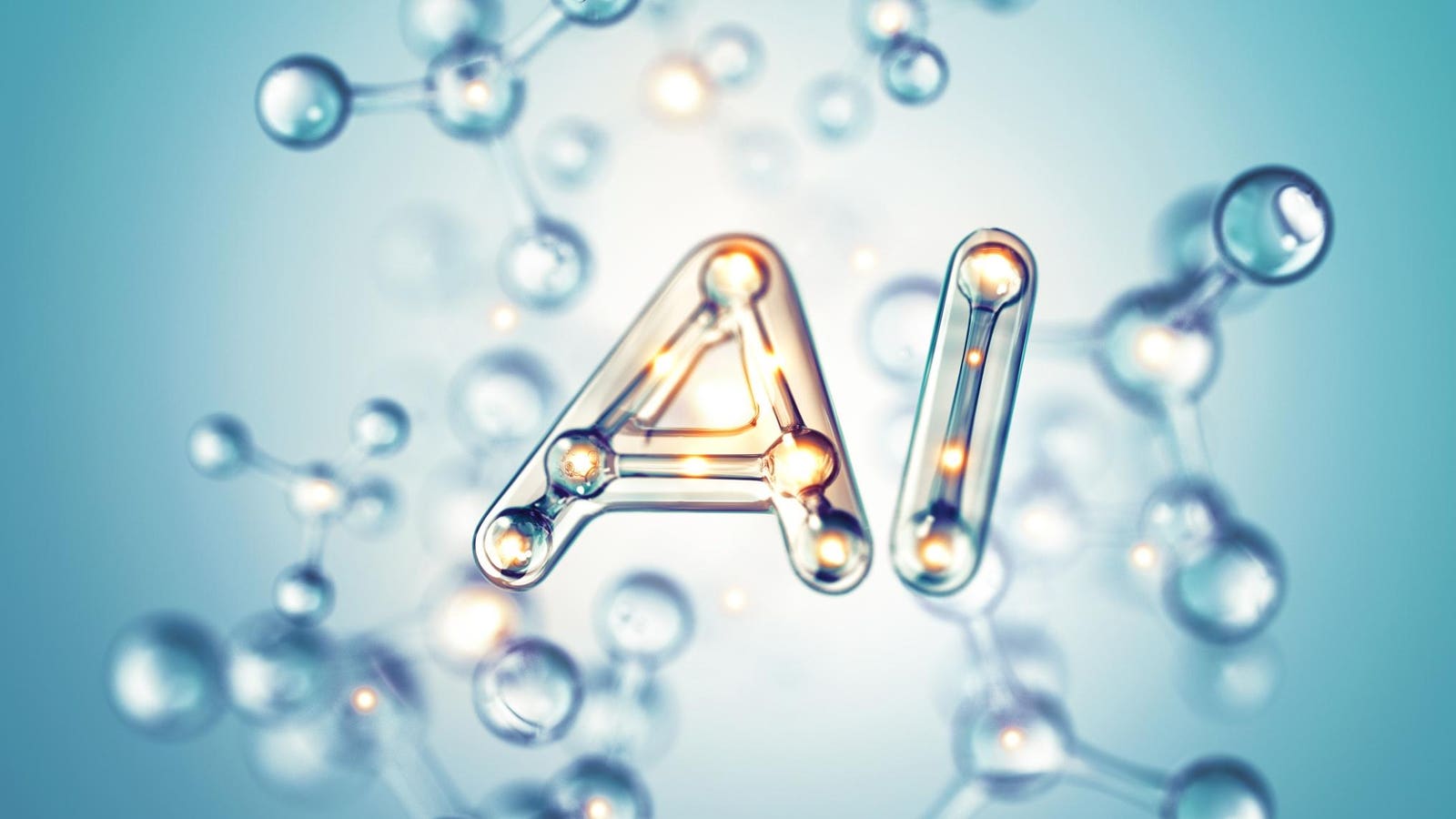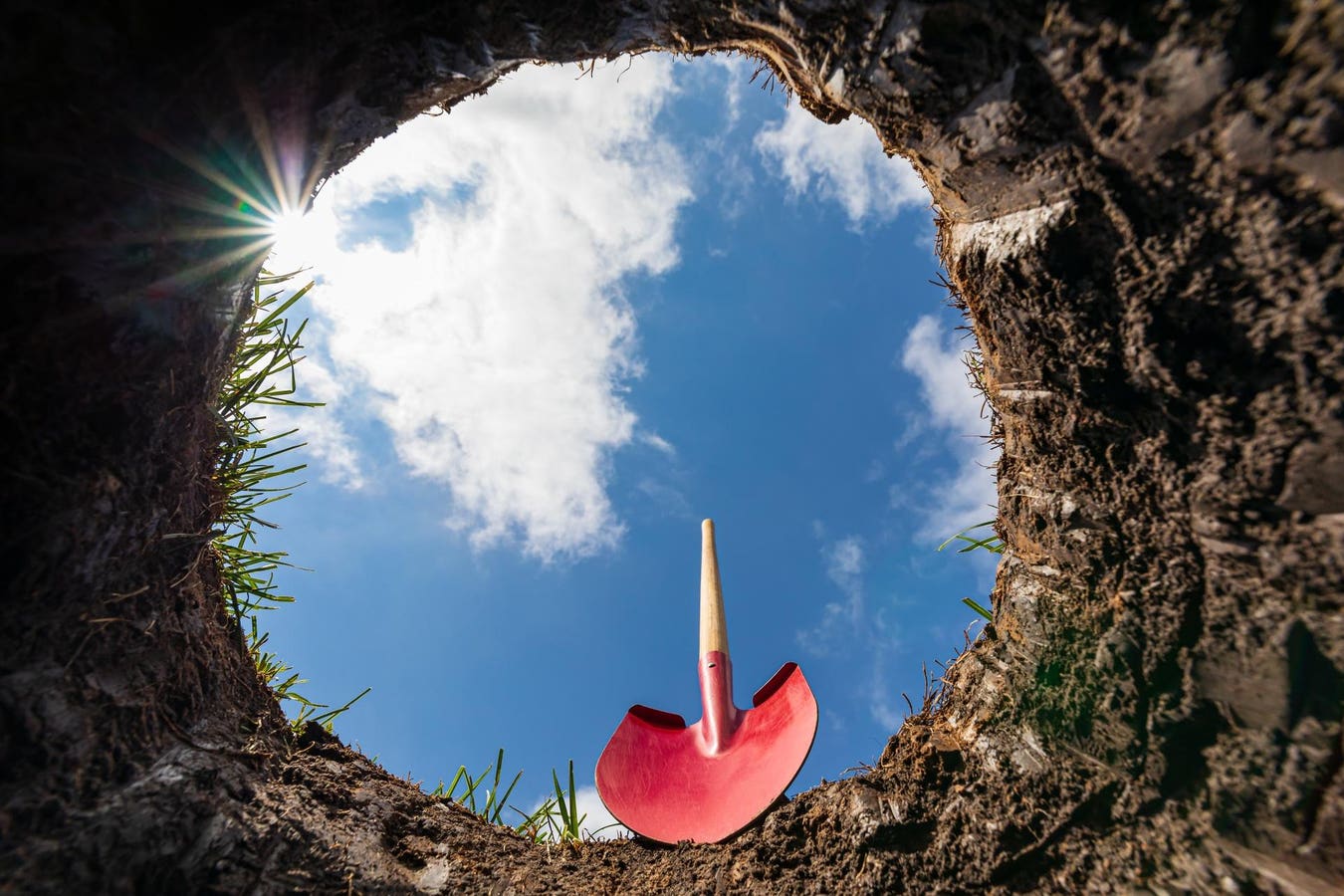AI Aiding in drug discovery
Israel-based AION Labs wants to drive AI to revolutionize pharmaceutical drug discovery and development. AION is an innovative venture that brings together pharmaceutical heavyweights—Pfizer, AstraZeneca, Teva, and Merck—with entrepreneurial scientists, technology leaders, and successful investors.
“We are a venture studio that builds startups using computational technologies and artificial intelligence to unleash new capabilities to discover and develop new drugs with a venture model that we invented,” says Mati Gill, CEO of AION.
This unique collaboration addresses a costly endeavor that is crucial to the quality of our lives. It takes $5 billion and ten years to bring a new drug to market. The world’s top 20 pharmaceutical companies collectively spent $145 billion on R&D in 2022-23, according to a recent Deloitte report, which also noted “AI is yet to become a ‘game-changer’ in pharma R&D.” A more comprehensive survey of 4,191 pharmaceutical companies worldwide, published in Nature Reviews Drug Discovery, found that they spent $276 billion on R&D in 2021.
These R&D expenses have increased tenfold since the 1980s (after adjusting for inflation), and pharmaceutical companies now allocate approximately 25% of their revenue to R&D, nearly double the share seen in the early 2000s, according to CB Insights. “AI could potentially cut years off the discovery process and compress clinical trial times by up to 30%. This would accelerate the delivery of new treatments to patients, unlock novel treatment approaches, and enable more personalized medicine,” noted CBI.
Another CBI report, on the AI readiness of pharmaceutical companies, highlighted the importance of external collaboration, “as breakthrough innovations increasingly emerge from partnerships rather than internal development alone.”
Gill predicts that by 2030, the first truly AI-designed drugs will reach regulatory approval. He believes that Israel is uniquely positioned to be a leading ecosystem in transforming the global biotech and pharmaceutical landscape, given its strengths in multidisciplinary scientific discovery, entrepreneurial innovation, computational biology and big data analysis, as well as a robust and integrated healthcare system, and strong government support. “For the first time, Israel’s strengths are coinciding with what the future of the industry is going to be,” says Gill.
There are three core principles behind every startup that AION selects and supports, explains Gill: they address a validated, well-defined, industry-wide problem statement; there’s a multidisciplinary team that has expertise in both AI and biology and a technology that can solve that problem statement; and that at least one of AION’ pharmaceutical partners is willing to commit to working with the startup to initially develop their technology and conduct with them a proof-of-concept at an early stage.
The R&D teams of AION Labs’ partners help select the specific industry-wide challenges to focus on and the technologies and scientist-led startups that will develop the solutions. To accomplish that, AION has established two tracks, one starting with the problem statement and the other starting with the technology.
DenovAI is an example of starting with the problem statement. Is it possible to design proteins “de novo” or completely from scratch? “We ran a challenge and had 15 great candidates,” recounts Gill. “We selected a senior scientist who had developed a technology called AlphaDesign that is basically doing the inverse of the famous AlphaFold.” The startup recently demonstrated its ability to generate new proteins with measurable, targeted function. Its AI-based platform for rapid de novo antibody discovery could reduce the discovery process from months to days, and broaden the scope of therapy to a wide range of diseases.
Cassidy Bio is an example of starting with the technology. It is using large language models or LLMs to design new guide RNAs, unlocking the capability of gene therapy in a scalable and precise manner. Guide RNAs or gRNAs serve as the “GPS” for CRISPR systems, directing the editing machinery to precise genetic targets. The design of gRNAs plays a critical role in determining both the efficacy and safety of gene-editing therapeutics.
Professor Ayal Hendel of Israel’s Bar-Ilan University, a leading expert in genome editing and gene therapy, teamed up with two experienced entrepreneurs to establish the startup. With AION Labs’ help, they raised $8 million in seed funding and are working with AstraZeneca to validate their technology. Based on proprietary, clinically relevant genomic data generation, state-of-the-art predictive algorithms, and rigorous wet lab validation, Cassidy Bio is developing the first comprehensive predictive platform based on LLMs for gRNA design.
Unlike the data driving AI consumer applications, which is mostly based on internet-scraped data, pharmaceutical data is proprietary data. AION Labs’ unique collaborative model provides access to pharmaceutical firms’ R&D teams and their data, along with a secure sharing environment facilitated by AION’s tech partner, Amazon’s cloud service. This means the pharmaceutical companies can share their proprietary data with the startups in AION Labs’ portfolio, but not with each other.
AION Labs is also a member of Israel’s 8400 The Health Network. This network was founded in 2017 on the premise that HealthTech is Israel’s next economic growth engine and that Israel has what it takes to become a game-changing player in the global HealthTech revolution, according to its CEO, Ari Strasberg.
To date, the non-profit organization has developed numerous programs and national initiatives, ranging from HealthIL, which bridges the gap between healthcare systems and technology by facilitating over 1,300 pilots and implementing 160 projects, to Helix, which strengthens the working relationships between 46 top U.S. and Israeli HealthTech leaders.
The organization has been very successful, says Strasberg, in creating a public-private partnership, connecting government programs with “the needs of the ecosystem.” Another success story is the development of FIRE, the data interoperability standard used by the healthcare systems in Israel.
Going forward, Strasberg would like 8400 to play a major role in increasing the number of very successful Israeli HealthTech startups. “We have a few, but not enough,” says Strasberg. “We need to have a few blockbuster ones that carry the entire ecosystem with them.”









